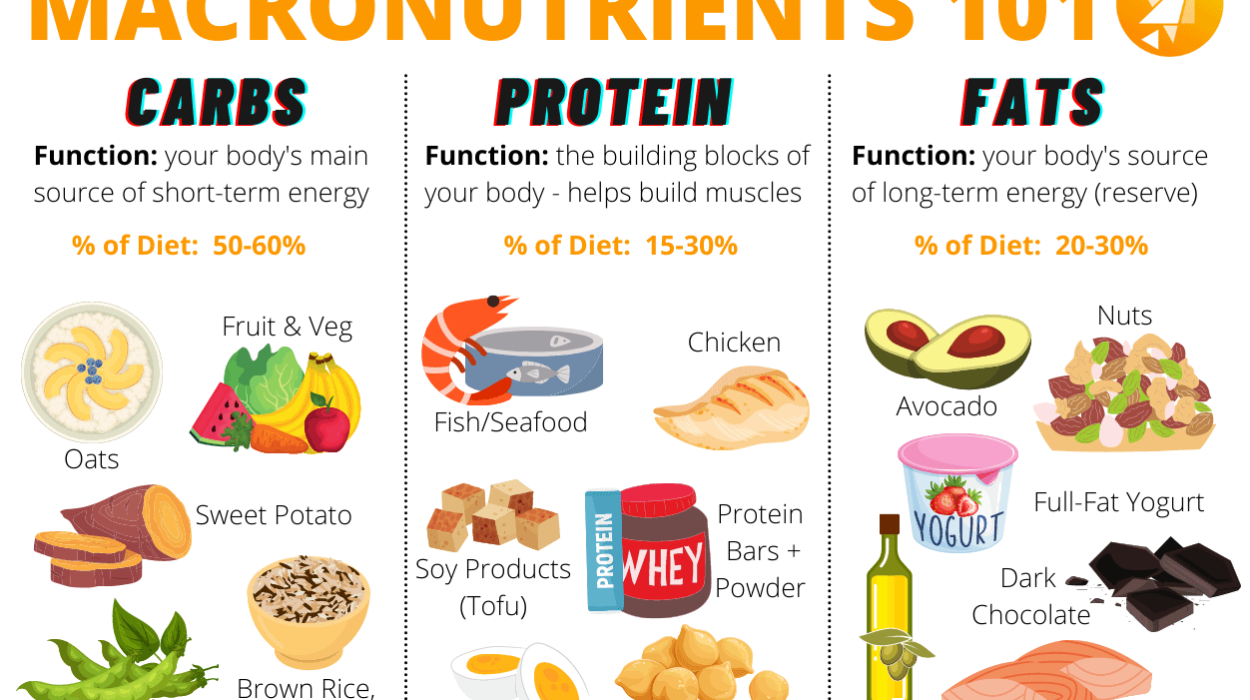When it comes to maximizing strength and overall performance, nutrition plays a significant role. A balanced diet that incorporates both macronutrients and micronutrients is essential for athletes and individuals seeking to improve their physical strength. Understanding the importance of these vital nutrients and how they impact our bodies is the first step toward achieving optimal strength.
The Power of Macronutrients
Macronutrients are the primary nutrients required by our bodies in large quantities to maintain energy levels, support muscle growth, and repair tissues. They consist of carbohydrates, proteins, and fats, each serving a unique purpose in enhancing strength.
1. Carbohydrates
Carbohydrates serve as the primary source of energy for our bodies. They are converted into glucose, which fuels our muscles during intense physical activities that require strength, such as weightlifting or powerlifting. Opt for whole grains, fruits, and vegetables rich in complex carbohydrates to sustain energy levels throughout the day.
2. Proteins
Proteins are the building blocks of our muscles and play a crucial role in muscle repair and recovery. They provide amino acids necessary for muscle growth and strength development. Include lean meats, fish, eggs, dairy products, legumes, and plant-based protein sources in your diet to ensure an adequate protein intake.
3. Fats
Fats have received an undeserved bad reputation in the past, but they are essential for energy production, hormone regulation, and absorbing certain vitamins. Healthy fats, such as those found in avocados, nuts, seeds, and olive oil, should be incorporated into a strength-focused diet for optimal performance.
The Role of Micronutrients
While macronutrients provide the energy and building blocks for strength, micronutrients are equally important for overall health and performance. Micronutrients include vitamins and minerals that support various bodily functions. Here are a few key micronutrients:
1. Vitamin D
Vitamin D is crucial for bone health, muscle function, and immune system regulation. Spend time outdoors or consider vitamin D supplementation to maintain adequate levels of this essential vitamin.
2. Calcium
Calcium is essential for strong bones and plays a vital role in muscle contractions. Incorporate dairy products, leafy greens, and fortified foods into your diet to meet your calcium needs.
3. Iron
Iron is necessary for oxygen transport to our muscles and is especially important for athletes. Include iron-rich foods like lean meats, spinach, legumes, and fortified cereals to prevent iron deficiency and enhance strength.
A Balanced Approach
Achieving strength and maintaining optimal performance requires a balanced approach to nutrition. Eating a variety of foods from each food group ensures that you provide your body with a broad spectrum of essential nutrients.
Plan your meals to incorporate all three macronutrients, while paying attention to portion sizes and keeping the overall calorie intake in check. Emphasize whole, unprocessed foods and limit the consumption of sugary snacks and beverages that may provide empty calories.
Additionally, consider consulting with a registered dietitian or nutritionist who specializes in sports nutrition to tailor your diet to your specific needs and goals. They can help you create a personalized meal plan and guide you on supplement choices if necessary.
Conclusion
Incorporating macronutrients and micronutrients into your diet is crucial for a balanced and nutritious approach to strength training. Carbohydrates, proteins, and fats provide the necessary fuel, energy, and building blocks for muscle growth. Meanwhile, key micronutrients, including vitamins and minerals, support overall health and enhance performance.
Remember, taking care of your body through proper nutrition is just as important as your training regimen. By eating a balanced diet rich in macronutrients and micronutrients, you are setting yourself up for optimal strength gains and improved physical performance.

